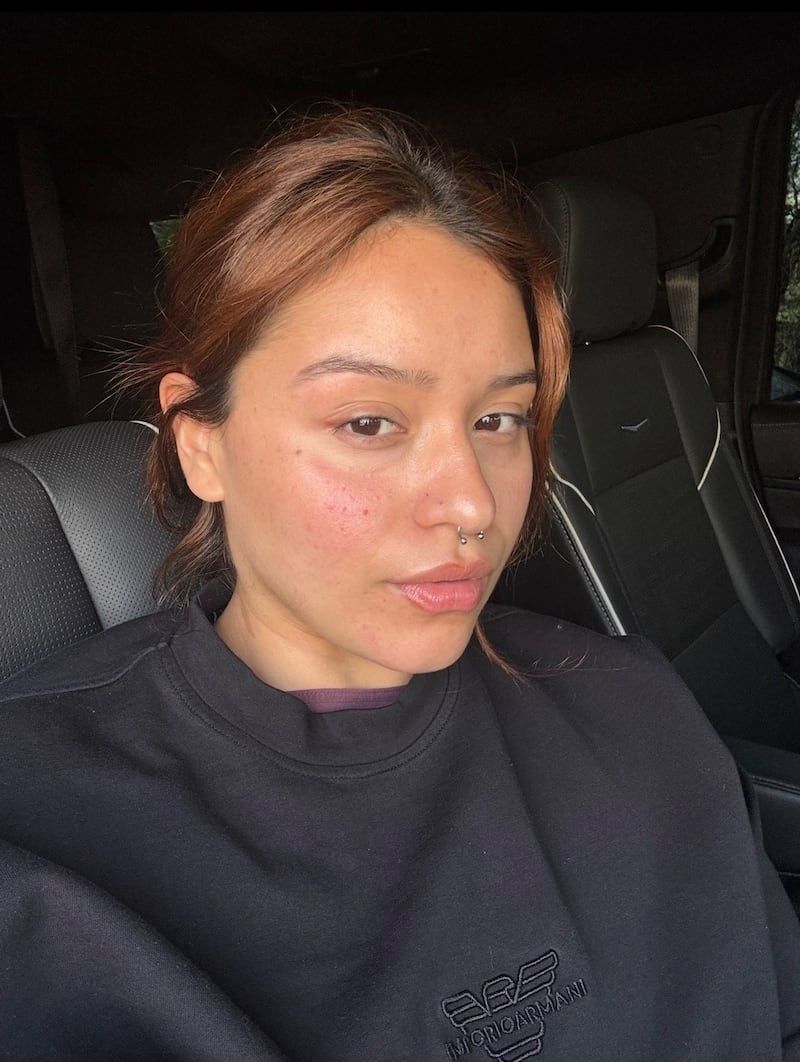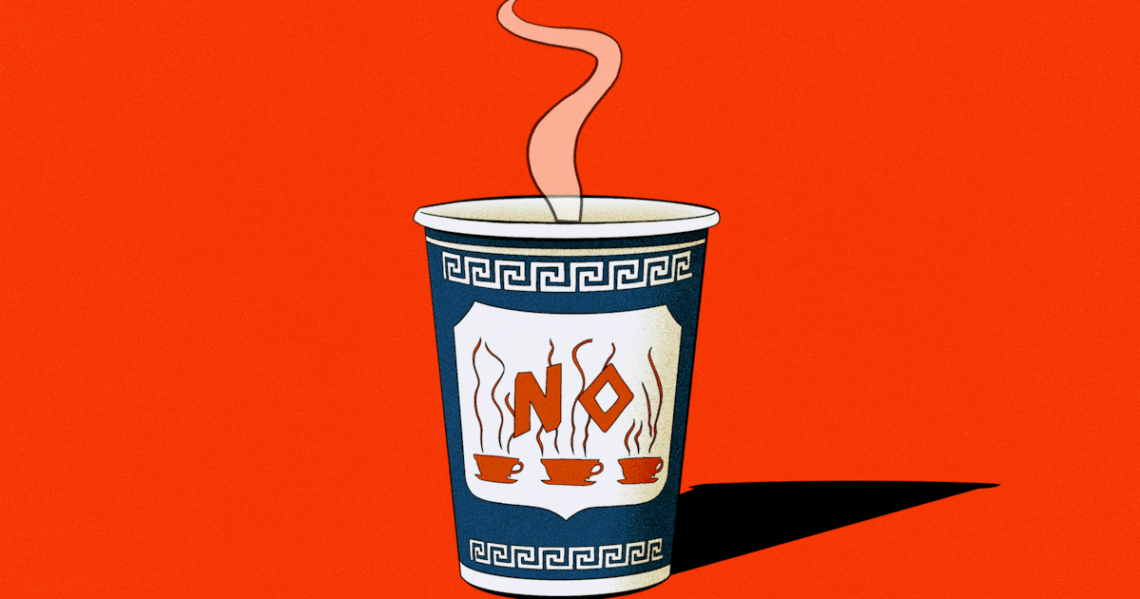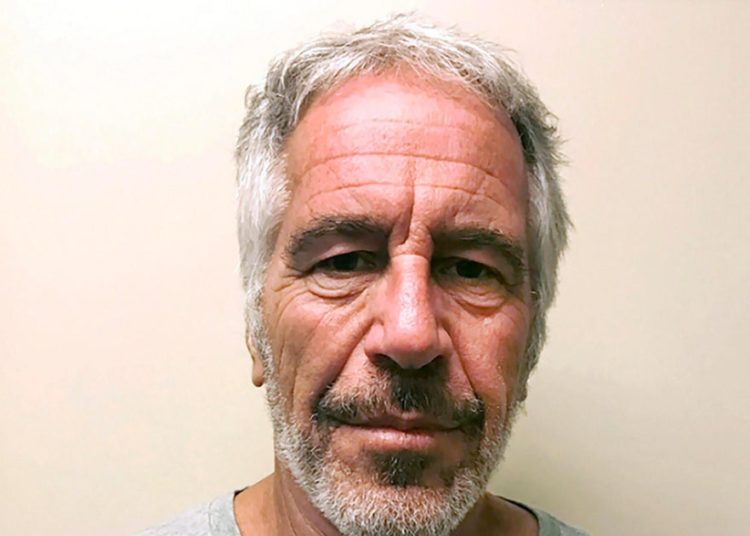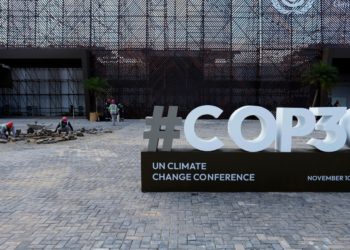For years, I didn’t go a day without some sort of vice. If it wasn’t the puff of a cigarette or vape, it was a cocktail at a weeknight press event; it wasn’t a drink, it was a spliff before bed, and so on. Above all, however, came caffeine—the most nonnegotiable of the bunch. Every day, I drank at least two cups of coffee. When I decided to make healthy changes in my life, it quickly became clear that if I wanted to rid myself of all the other vices, it was essential to address my caffeine dependency first. For everything else to follow, I needed to let go of my long-held belief that carrying out my day without coffee was impossible.
Now, six weeks deep into my caffeine-free life, I’m thrilled that I made this decision, but the process was much more difficult than I anticipated.
A storm in a coffee cup
Having worked since age 15, coffee has been a consistent part of my routine for over a decade. When I landed my first office job out of high school, the company’s coffee culture made it far too easy to increase my consumption. Every team huddle, morning arrival, team meeting, and conference call came with a cup of joe.
Perhaps this sounds all too familiar. Maybe you’re debating whether undertaking a caffeine cutback is in order, or even quitting caffeine altogether. I’ll let you in on a secret: I’m currently writing this assignment without caffeine in my system—not one carbonated Celsius can, iced mocha latte, or chocolate-covered espresso bean. Something I never thought I’d ever be capable of doing.
This transition has been anything but simple, especially since I come from a Hispanic household where coffee is an essential element of spending time with one’s family. Still, this lifestyle change has definitely put things into perspective and brought some useful revelations to my attention. It is, in fact, possible to run on your body’s natural energy. Caffeine consumption doesn’t need to be an inevitability.

What does caffeine withdrawal feel like, and how long does it last?
Unfortunately, this positive shift wasn’t smooth, and it didn’t happen overnight. If you regularly consume caffeine—the naturally occurring stimulant found in coffee, energy drinks, and caffeinated teas—and you suddenly stop, you may encounter symptoms of caffeine withdrawal. These feelings of empowerment, which eventually allowed me to conquer the day through a good night’s rest, hydration, and movement, took time and patience.
While caffeine withdrawal may not seem like a big deal, it may have an outsized impact on the state of your mind and body, much like nicotine withdrawal, and can begin approximately 12 to 24 hours after your last coffee or energy drink, according to Heather Viola, an internal medicine physician and an assistant professor in the Department of Medicine, Division of General Internal Medicine, at Mount Sinai in New York City. I discussed my experiences in the first 24 hours after my last cup of coffee with Dr. Viola, who confirmed that it wasn’t all in my head.
Typically, the side effects manifest as fatigue, irritability, mood changes, and difficulty concentrating. All things considered, it’s pretty mild. Still, it can be very inconvenient for anyone with work, school, or parental responsibilities—in short, if you’re responsible for anything or anyone, it can be a highly frustrating experience, resulting in a couple of tough days.
For some unlucky caffeine fans, however, Dr. Viola says withdrawal can look more severe, almost like the flu, with symptoms including nausea, muscle pain, and even sleep disturbances.
Unfortunately, I fell into the latter category…and it was miserable. I felt sluggish for about a week, and felt like the only thing that could help my headache was a nap. Given the fatigue I experienced (and the natural assumption that removing caffeine from my diet would only benefit my sleep), I was surprised to find myself waking up throughout the night for the entire first week.
The good news: caffeine withdrawal may make the day feel like it will never end, but nothing lasts forever. “These symptoms usually begin within 12 to 24 hours and peak at one to two days, and can last up to nine days,” says Dr. Viola, adding that fatigue and moodiness from withdrawal may “linger longer for some.”
Which is harder to quit: coffee or energy drinks?
While caffeine withdrawal can affect anyone who depends on this naturally occurring stimulant for energy, I’ve got bad news for my fellow fans of café. Unfortunately, Dr. Viola warns that “weaning off coffee may be more challenging than switching from lower-dose beverages due to the intensity and ritual of coffee consumption.”
Because coffee contains more caffeine per serving than many other caffeinated beverages, Dr. Viola suggests that coffee drinkers consider putting a limit on their caffeine intake gradually rather than quitting overnight. If you find yourself mindlessly darting to the coffee pot at work over and over, a detox may be a helpful step to freeing yourself from the clutches of caffeine.
What are the benefits of a caffeine detox?
Once I hit my third week without caffeine, I began to feel a sense of empowerment, and it was almost as if the limiting beliefs that had dominated the last decade of my life were all a hoax. Was I jealous whenever I spotted someone holding a tall glass of ice-cold coffee, swirling their straws and sipping from their condensating cups as I made my way into the city this summer? Sure. But I had finally proven to myself that my body and mind can function without caffeine, and that felt too good to give up.
There are physical and mental benefits to letting go of caffeine, such as “better sleep quality, more stable energy levels (fewer crashes), lower blood pressure and heart rate, and fewer GI issues, like acid reflux and IBS symptoms,” says Dr. Viola. “The mental benefits can include reduced anxiety or jitteriness, improved mood stability, and clearer mental focus—after, of course, the initial adjustment period.“ She notes that people often experience a sense of joy in being less dependent on a ”potential ‘crutch’ to function.“
Giving up coffee and energy drinks doesn’t mean you have to rid yourself of fun drinks. Juicing made a considerable difference for me, providing the vitamins and nutrients my body craved to produce its own energy. Ginger and lemon shots became my “upper.” Celery and freshly squeezed orange juice made each morning a little less intimidating.
Detoxing from caffeine resulted in fewer energy crashes, fewer cortisol spikes, increased productivity, whiter teeth, and I stopped worrying about my coffee consumption affecting my breath. (That last benefit is probably my favorite.)
By no means am I trying to say caffeine is inherently bad for you, but being wholly dependent on it can cause issues…and get extremely expensive.
At the start of this experiment, I would reassure myself with the prospect of a delightful cup of coffee waiting for me at the end of these six weeks. Now, though, the mere thought of putting caffeine in my system before a bite of food day in and day out is the last thing I want. It would feel like taking two steps backward, which seems silly now that I have the energy to move forward. Having that craving for coffee every so often might also have to do with the fact that I made the switch overnight.
Dr. Viola suggests reducing caffeine intake by 25% each week, which just means shrinking your serving size—a less intimidating approach for a body that previously thrived on overconsumption. If you’re conscious of your caffeine dependency and curious about cutting back, you’re already on the right track.
The post Why I Finally Gave Up Caffeine After a Decade of Daily Consumption appeared first on The Daily Beast.




